The school years are the most fun and lively, 12th class is full of memories, with happy moments and pain of leaving school behind before entering college. The science stream, particularly PCM (Physics, Chemistry, Maths), is rigorous and tough to excel, but with interest and passion and science driven mind, one can make it through without much difficulty. Often it is said, that after taking PCM one only wishes to be an engineer, but that’s not the whole truth. Yes, engineering is the most popular option but it’s not limited to only that. There is a much wider pool of options after PCM in 12th one can choose from, according to his/her interest.
Courses after 12th
1. Bachelor of Technology (B.Tech) – this is the top choice for PCM courses after 12th. Engineering offers diverse specializations and opportunities of working in different fields. Engineering courses are built upon basic principles of PCM of 12th grade, so it serves as a direct and essential prerequisite, making the transition smoother and less difficult. The diverse specializations in engineering provides an area of interest for every student and thus making it the most popular choice for PCM students.
• Computer Science and Engineering (CSE) – this is highly in demand these days, it focuses on management of computer systems, encompassing both hardware and software. Students learn various programming languages, efficient ways to store and organize data, develop algorithms for problem-saying, focus on the design, implementation, and management databases. It comes with specializations in:
Artificial Intelligence (AI) – this field focuses on creating intelligent machines that can learn from data and basically perform tasks that require a human.
Career Paths can lead to AI Engineer, AI Researcher, Robotics Scientist, etc.
Data Science – this specialization involves extracting insights from complex and huge databases using algorithms, statistics and scientific processes.
Career Options consists of Data Scientist, Data Analyst, Data Visualization, etc.
Cybersecurity – this area focuses on protecting computer systems, networks, and data from theft, damage and unauthorized access. Ethical Hacking involves using hacking techniques to identify defect in systems and networks.
Career Options are Cybersecurity Analyst, Ethical Hacker, Security Architect, etc.
Software Engineering – this is a foundational specialization which focuses on designing, developing, testing, deploying and maintaining software applications.
Career Paths include Software Developer, Web Developer, Quality Assurance Engineer, etc.
• Mechanical Engineering – this field of engineering deals with the design, analysis, and manufacturing of mechanical systems. It is the study of machines and mechanics, it combines engineering physics and mathematics with material science. Career Paths include Aerospace Engineer, Automobile Engineer, Manufacturing Engineer, etc.
• Civil Engineering – this branch of engineering focuses on construction and designing of physical infrastructure, such as roads, bridges, dams and buildings. Career Options can be a Civil Engineer, Site Engineer, Structural Engineer and Construction Manager.
• Other branches of Engineering are Electrical Engineering, Aerospace Engineering, Chemical Engineering, Mining Engineering, Marine Engineering, Petroleum Engineering, etc.
2. Bachelor in Architecture (B.Arch.) – is another popular option for students who completed their 12th class with PCM stream (PCM full form is Physics, Chemistry, Mathematics). It is a 5 year degree that combines creativity and technical skills to design buildings and different types of infrastructure. To enrol in B.Arch. colleges in India, there are two entrance exams, The National Aptitude Test in Architecture and Joint Entrance Examination . Career Options include becoming an Architect, Interior Designer, Landscape Architect, Urban Planner, etc.
3. Bachelor in Science (B.Sc.) – for students who are interested in diving deep in pure sciences and want to opt for degree other than engineering then BSc courses for PCM students are the best choice. This degree focus on scientific subjects such as physics, chemistry, biology, mathematics, etc. The degree is usually of 3 years, where students learn theoretical knowledge and gain lab experiment experience. One can pursue BSc degree in various subjects namely BSc in Chemistry, BSc in Mathematics, BSc in Forensic Science, BSc in Statistics, BSc in Geology, and others. Career Options include further studies MSc, PhD, and research careers.
4. Bachelor of Computer Applications (BCA) – this is another option for PCM course. It is a 3 year undergraduate degree which focuses on computer applications, data structures, programming languages and web development. The program is devised to meet the growing demand for IT professionals and is a great alternative to B.Tech CSE course. Career Opportunities include Software Developer, Cybersecurity Expert, IT Engineer, etc.
5. Aviation – BSc in aviation is a 3 year undergrad degree which focuses on the science, technology and business aspects of the aviation industry. The subjects involved in the curriculum deals with aircraft systems, aviation law, meteorology along with practical training such as flight lessons, etc. Career Paths, graduates can build a career in Airlines, Airport Management, Aircraft Maintenance Engineering, etc.
6. Other options – Bachelor in Design (B.DES.), Law, Journalism and Mass Communication, Defence (NDA), Pharmacy (B.Pharm.), Bachelor in Psychology, etc.
Best Courses after PCM in 12th

Ipshita Pokhriyal
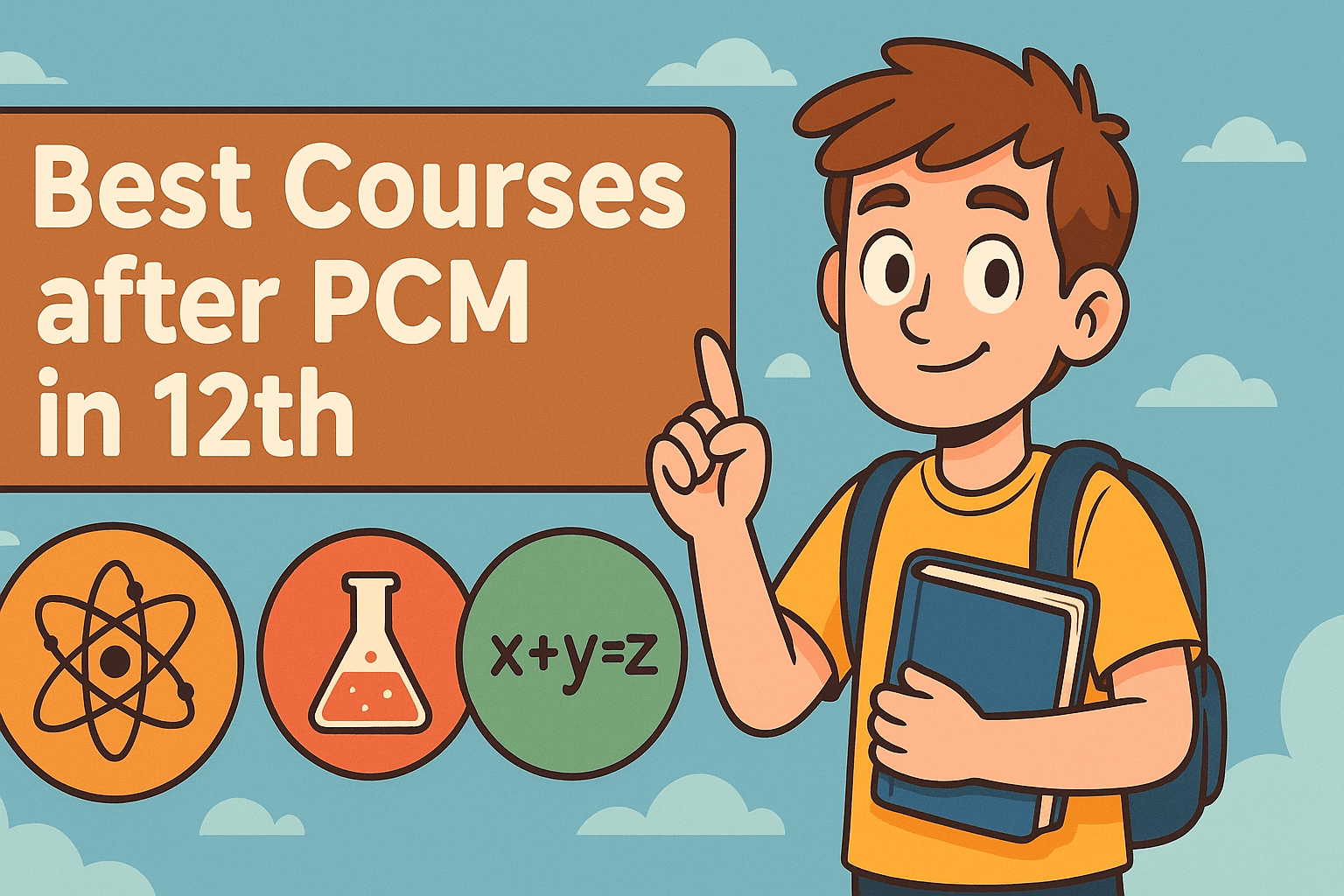
Take our AI-powered Multi Dimensional Psychometric Test
Take Test Now
Only for INR 999/-
Conclusion
There are many degrees and courses one can opt from; the real choice lies in the interest in a particular field, which only the student can decide. Either you want to pursue Engineering or Law, the only thing which can motivate you to be successful at the end of 3 years, will be your passion for the subject. There’s opportunity in every field of work and many career options after 12th PCM are available for students in 2025. To learn more about career options after 12th PCM, you can check our blogs at Infigon Futures.
Subscribe to our
Newsletter
Related Blogs

Transitioning from High School to University
Ipshita Pokhriyal
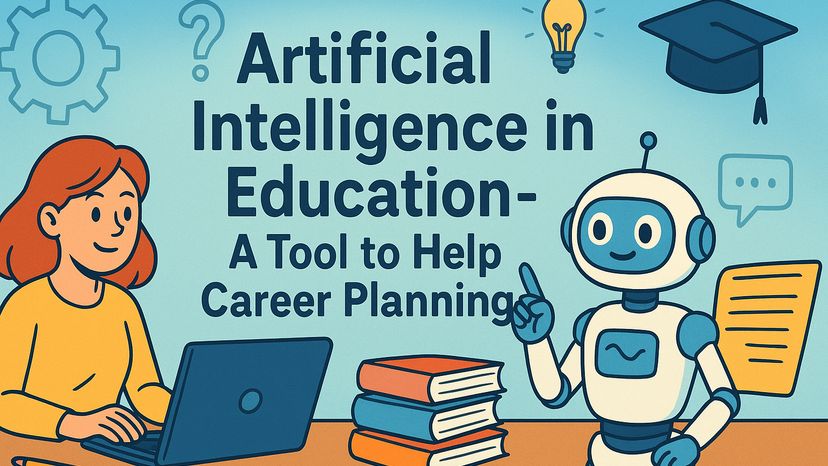
Artificial Intelligence in Education- A Tool to Help Career Planning
Saima Bhalla
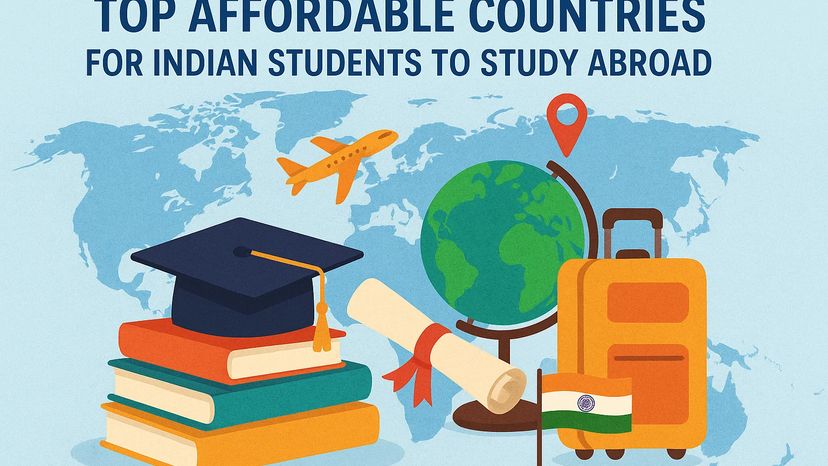
Top Affordable Countries For Indian Students to Study Abroad
Bhavna

Smart Guide to Student Loans
Madhulika Dutta

STUDENT BUDGETING TIPS
Bhavna

Merchant Navy Pay 2025: Explore Salaries, Benefits, and Career Scope
Madhulika Dutta
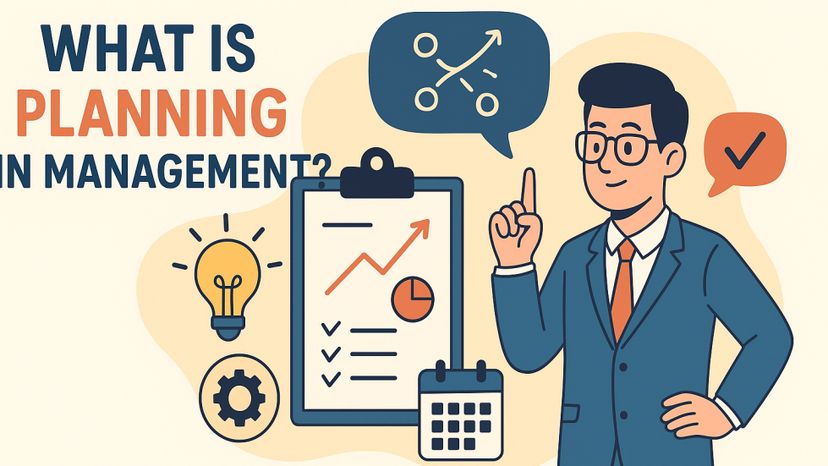
What is Planning in Management?
Ipshita Pokhriyal

The Art of Writing Leave Application: How to Write a Leave Application for the Office
Saima Bhalla
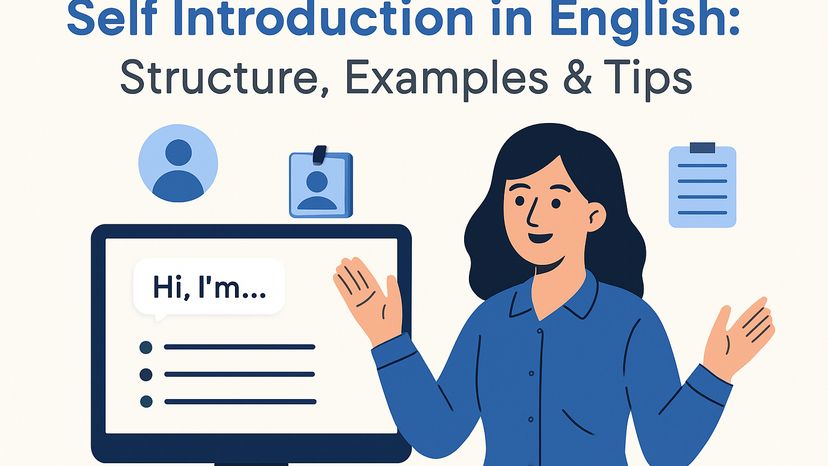
Self Introduction in English: Structure, Examples & Tips
Tanaya

How To Write A Joining Letter: Samples, Formats and Tips
Tanaya